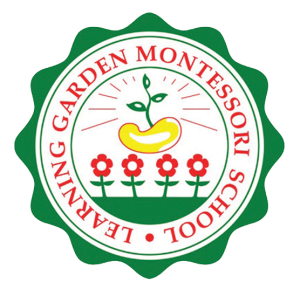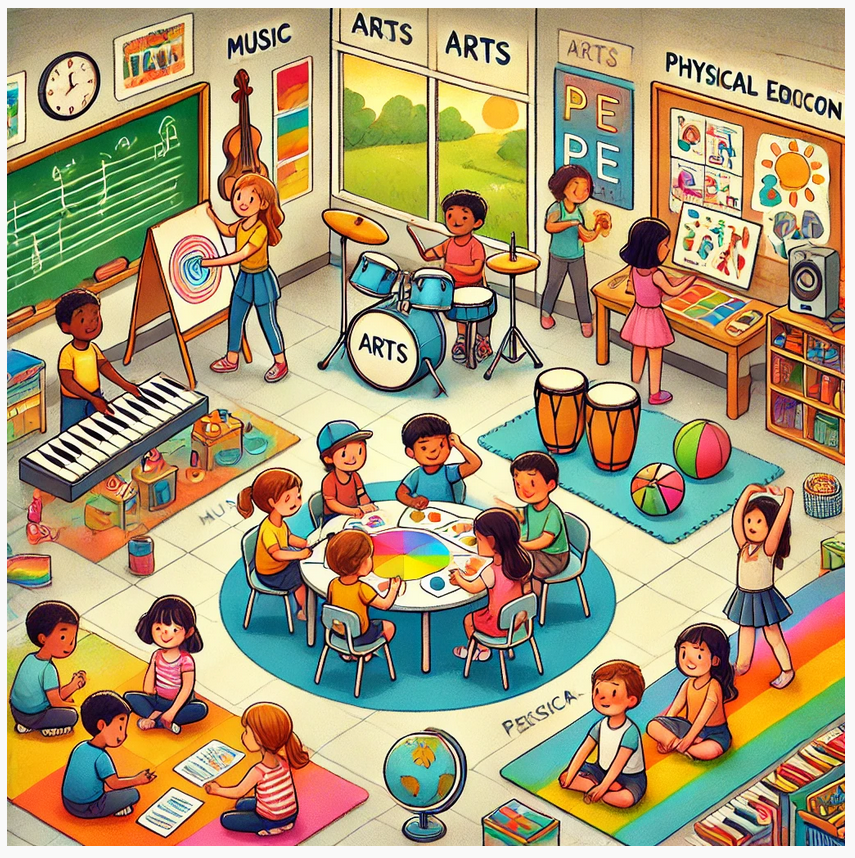
Physical Education, Health, Music and Arts I - IV
Physical Education (PE) I - IV covers activities that would give an all-around physical development of the students through various games, individual & team sports, dances, etc.
Health I deals with the physiological and biological changes in this stage of their life and teaches them how to cope with these and how to adjust to the changing environment. Health II deals with the different sicknesses, common ailments, and their prevention. Health III gives emphasis not only on physical health but also on the mental and emotional aspects of one’s growth. Health IV covers personality development including the acquisition of knowledge about sex, population education, and community health.
Music I - IV
Deals with the various aspects of music education, the development of the appreciation for music, the development of the love for Kundiman, and other classical songs as well. It also involves training to enhance students' talent in singing vocalization and note reading.
Arts I-IV
It deals with the elements of arts and likewise gives freedom of self-expression as well as the opportunity to develop creative potential.
- Teacher: Vima Sobremisana
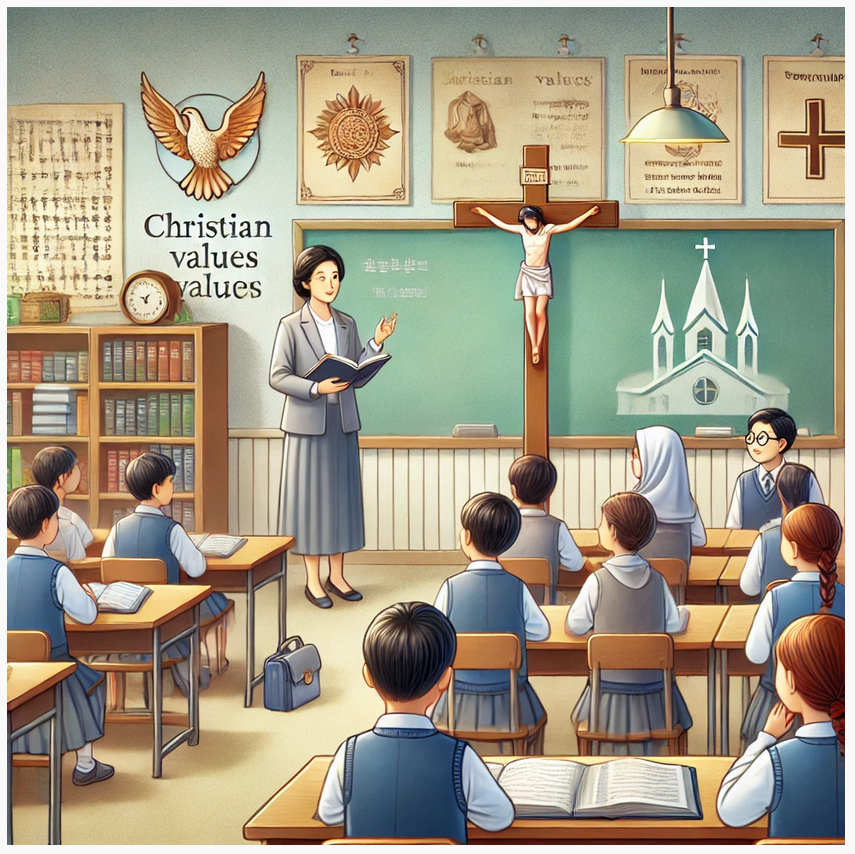
Religion I - IV
The Religion Program, as the core of the High School Curriculum is committed to the formation of every student into a mature human person through a deeper understanding of God in his daily Christian life.
The course seeks to make students aware of God’s purpose of salvation. It upholds man’s dignity as a person created in the image and likeness of God. The gift of faith man receives through the sacraments of Baptism unites him with the Father through Jesus Christ in the Holy Spirit. Man is sanctified by the Holy Spirit to share in the mission of Christ as an active member of the Christian community, the church.
- Teacher: Vima Sobremisana
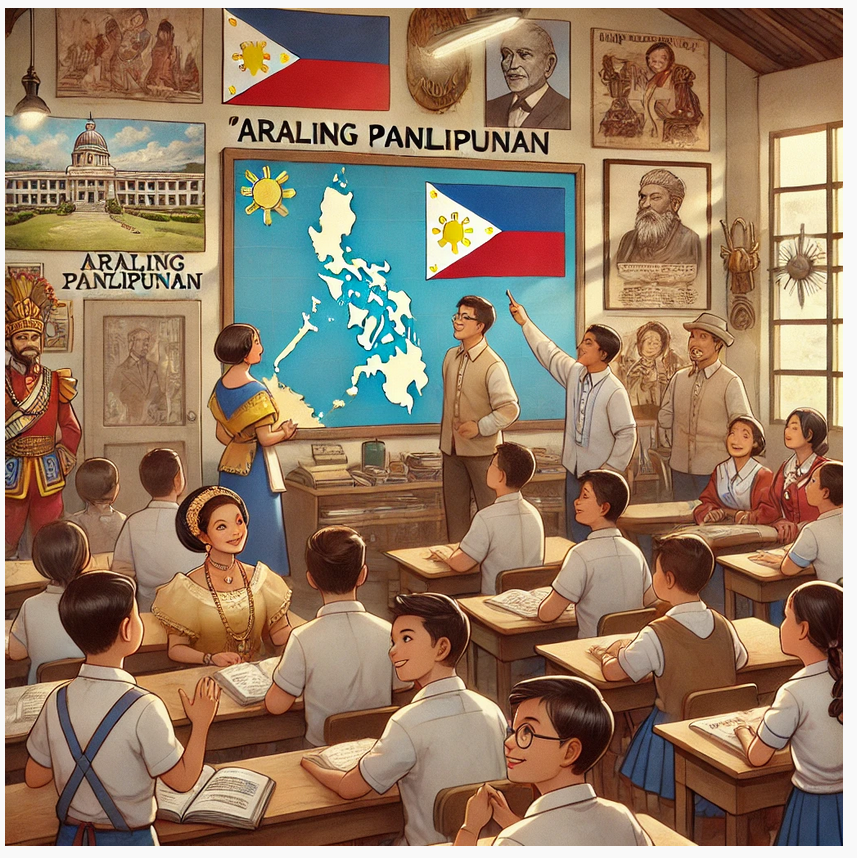
Social Studies 1 - Philippine History and Government
Courses in Social Studies use English as the medium of instruction. In the first year level, the history of the Philippines, from the ancient times to the present is studied.
The approach is integrated with other sciences and is thematic in its contents.
- Teacher: Vima Sobremisana

Science and Technology 1 - General Science
Science and Technology I (General Science) studies the principles of Chemistry, Physics and Biological as well as the Earth Sciences. It serves to provide all freshman students with a beginning knowledge of the physical and biological sciences and to offer some insights on how scientific knowledge is acquired. The course starts with an introduction of the scientific method followed by a discussion and manipulation of simple laboratory apparatuses and its operations. The chemical aspects of matter are discussed lengthily which makes an ideal starting point for the study of Science.
Introduction to Physics is discussed in the succeeding topics with special emphasis on the concept of motion, force, energy and work. A basic knowledge of the relationship of man with his physical environment is discussed in the last units. The learning units and activities presented allow students to understand what Science is through actual experiments and other related experiences, thus developing a respect for teamwork and the dignity of manual work. Highlighted in the course are the technological applications of science at home and in the community. The value formation is acquired through the integration of values in the Science lessons as well as through the use of modules.
- Teacher: Vima Sobremisana
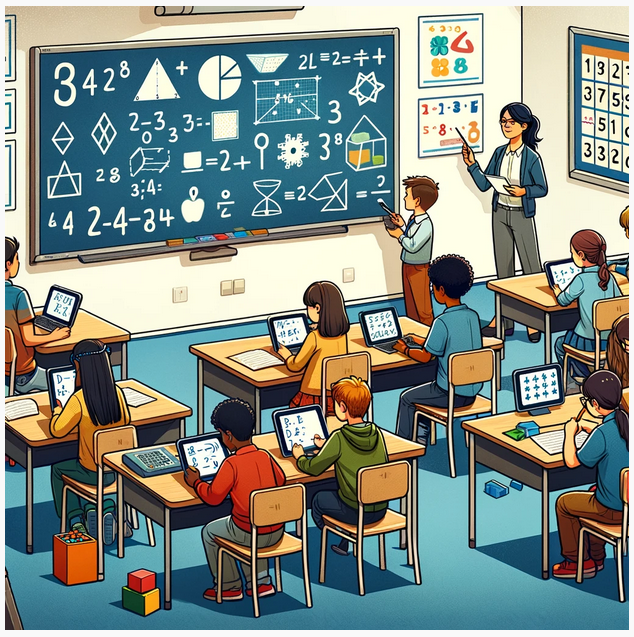
Our math subjects expose the students to three different skills: the conceptual skill, computation, and application skills. They are provided with varied problem solving activities to develop their analytical and critical thinking. Enrichment lessons are also provided especially in higher Math subjects. The degree of difficulty of the lesson varies as one goes from one level to another.
- Teacher: Vima Sobremisana
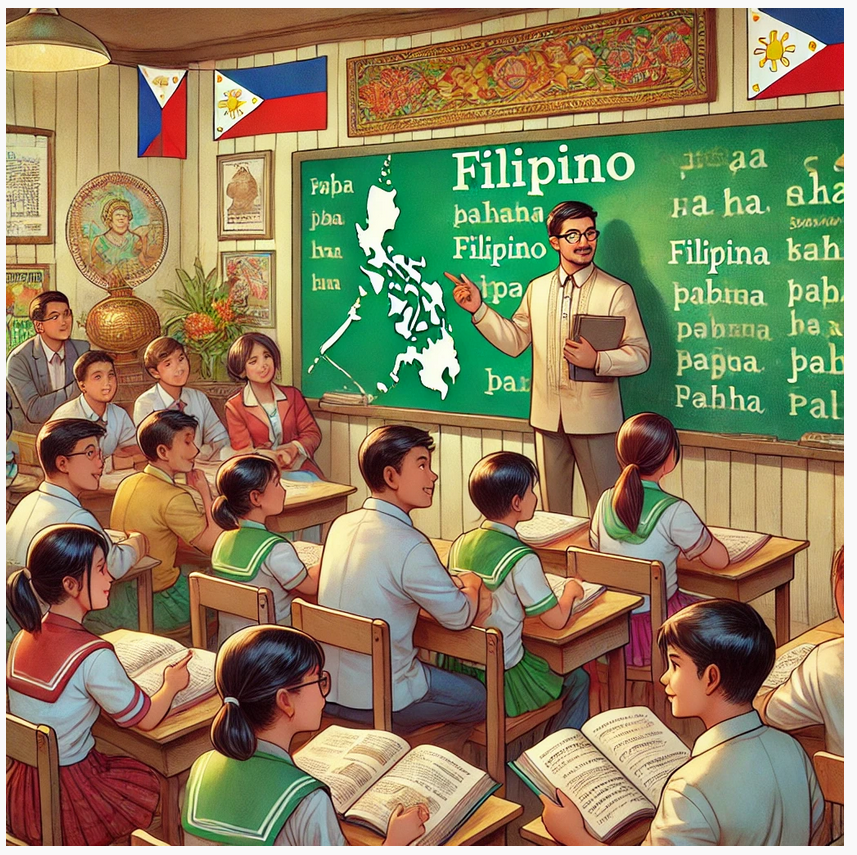
Filipino 1 - Wika, Ibong Adarna
Filipino 2 - Wika, Florante at Laura
Filipino 3 - Wika, Noli Me Tangere
Filipino 4 - Wika, El Filibusterismo
- Teacher: Vima Sobremisana

English 1 - Grammar & Composition, Phil. Literature
This course is the first of a four-series program designed to develop and enhance the communication ability in English of high school students. This covers the basics of English, the parts of speech and their effective use in sentences towards fluency, appropriacy, acceptability and accuracy of both oral and written communication.
- Teacher: Vima Sobremisana
